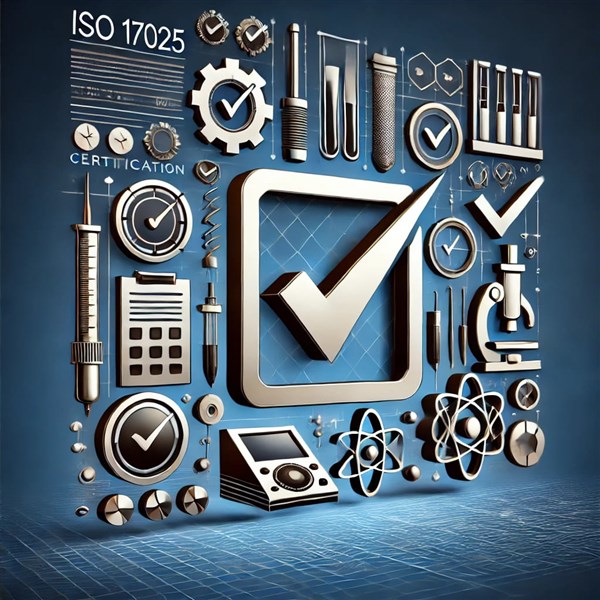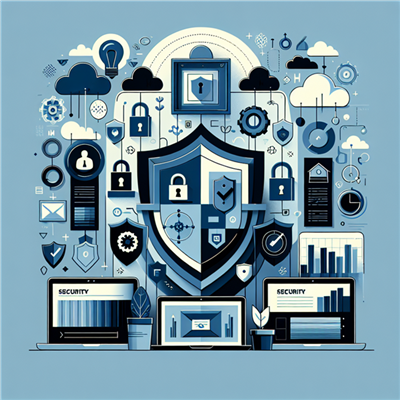
In the ever-evolving world of quality management and assurance, ISO 17025 certification stands as a vital benchmark for testing and calibration laboratories. This international standard outlines the requirements for the competence of testing and calibration laboratories, ensuring that they consistently deliver accurate and reliable results. As industries worldwide strive for excellence and compliance, understanding the benefits of ISO 17025 certification becomes paramount. This blog explores the top benefits of ISO 17025 certification for testing and calibration laboratories and why it is a game changer for these entities.
Benefits of ISO 17025 Certification for Testing and Calibration Laboratories
1. Enhanced Credibility and Reputation
One of the most significant advantages of ISO 17025 certification is the boost in credibility and reputation that laboratories experience. By obtaining this certification, a laboratory demonstrates its commitment to quality and accuracy in testing and calibration. Clients and stakeholders view certified laboratories as more trustworthy, increasing confidence in their results. This enhanced reputation can lead to new business opportunities, partnerships, and contracts, especially in competitive markets where quality is paramount.
2. Improved Operational Efficiency
ISO 17025 certification encourages laboratories to adopt efficient processes and standardized methods. The certification process involves rigorous assessments and audits, prompting laboratories to identify inefficiencies in their operations. By streamlining workflows and implementing best practices, laboratories can reduce waste, optimize resource usage, and ultimately enhance productivity. This operational efficiency not only saves time and costs but also allows laboratories to respond more quickly to client demands.
3. Increased Accuracy and Reliability of Results
The cornerstone of ISO 17025 certification is its focus on producing accurate and reliable test and calibration results. Laboratories are required to implement robust quality management systems, maintain equipment properly, and ensure the competence of personnel. By adhering to these stringent requirements, laboratories can significantly minimize errors and uncertainties in their results. This leads to higher-quality outputs that clients can rely on, fostering long-term relationships based on trust and satisfaction.
4. Access to Global Markets
ISO 17025 is recognized internationally as the standard for laboratory competence. By achieving this certification, laboratories can access global markets and engage in international trade. Many regulatory bodies and clients across various sectors, such as pharmaceuticals, food safety, and environmental testing, mandate ISO 17025 certification as a prerequisite for doing business. As such, certified laboratories can expand their reach and compete on a global scale, opening new avenues for growth and revenue.
5. Compliance with Regulatory Requirements
Many industries are governed by strict regulatory standards that require laboratories to maintain high levels of quality and accuracy. ISO 17025 certification helps laboratories comply with these regulations, reducing the risk of non-compliance penalties. Additionally, being ISO 17025 certified demonstrates a laboratory's commitment to meeting industry standards, making it easier to navigate audits and inspections from regulatory bodies. This compliance not only protects the laboratory but also reassures clients about the validity of their results.
6. Better Risk Management
Risk management is a critical aspect of laboratory operations. ISO 17025 certification involves identifying potential risks to the quality of testing and calibration results and implementing measures to mitigate them. This proactive approach to risk management helps laboratories prevent issues before they arise, ensuring consistent performance and reducing the likelihood of costly mistakes. By having robust risk management practices in place, laboratories can enhance their resilience and adapt to changing conditions in the market.
7. Continuous Improvement Culture
ISO 17025 certification promotes a culture of continuous improvement within laboratories. The standard requires organizations to regularly review their processes, monitor performance, and identify areas for enhancement. This commitment to improvement not only ensures that laboratories maintain high standards but also fosters innovation and adaptability. By encouraging a culture of learning and development, laboratories can stay ahead of industry trends and maintain their competitive edge.
8. Skilled and Competent Workforce
Achieving ISO 17025 certification necessitates that laboratories invest in their personnel through training and development. The standard emphasizes the importance of having skilled and competent staff to perform tests and calibrations accurately. As a result, laboratories often implement training programs to enhance the skills of their workforce. This investment in employee development not only improves the quality of work but also boosts employee morale and retention, creating a motivated team dedicated to achieving organizational goals.
9. Customer Satisfaction and Loyalty
In today's competitive landscape, customer satisfaction is paramount. ISO 17025 certification demonstrates a laboratory's dedication to quality and customer service. By consistently delivering accurate and reliable results, laboratories can meet or exceed customer expectations, leading to higher levels of satisfaction. Satisfied customers are more likely to become repeat clients and recommend the laboratory to others, driving growth through word-of-mouth referrals.
10. Cost Savings in the Long Run
While obtaining ISO 17025 certification may involve initial costs for training, process improvements, and audits, the long-term benefits often outweigh these expenses. Improved operational efficiency, reduced errors, and enhanced customer satisfaction can lead to significant cost savings over time. Furthermore, laboratories may find that certified status allows them to command higher prices for their services due to the perceived value of their commitment to quality.
Conclusion
ISO 17025 certification offers a multitude of benefits for testing and calibration laboratories, from enhancing credibility and reputation to improving operational efficiency and ensuring compliance with regulatory requirements. As laboratories strive for excellence in an increasingly competitive landscape, the advantages of this certification become more pronounced. By investing in ISO 17025 certification, laboratories not only position themselves as leaders in quality and accuracy but also unlock new opportunities for growth and success in the global market.
In conclusion, obtaining ISO 17025 certification is a valuable step for any testing or calibration laboratory. It not only enhances operational efficiency but also boosts reputation and customer confidence.
Koenig Solutions provides comprehensive training courses for the ISO 17025 management system, equipping laboratories with the knowledge and skills required to achieve certification successfully.







COMMENT